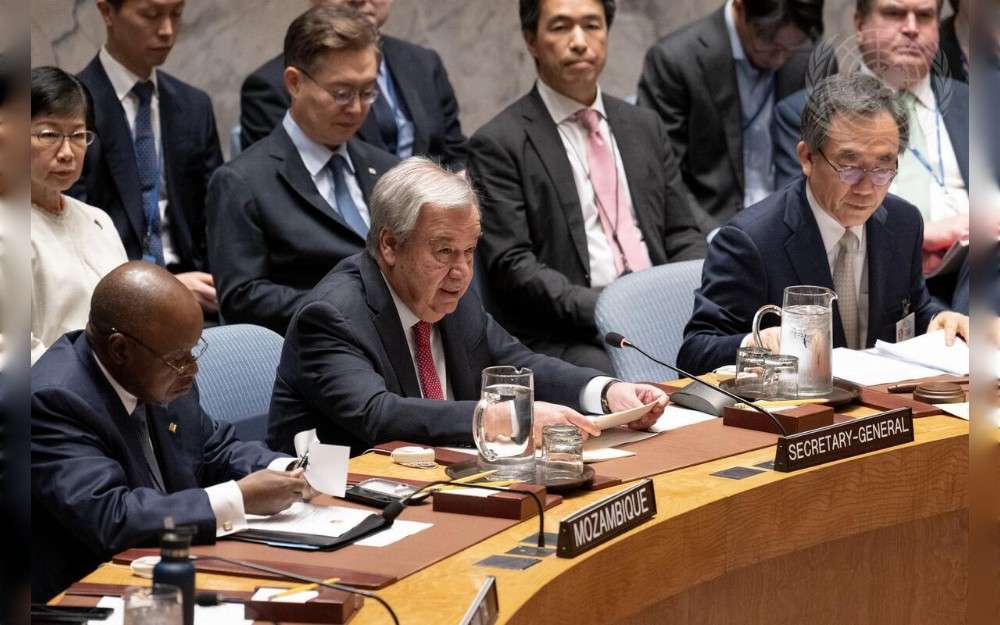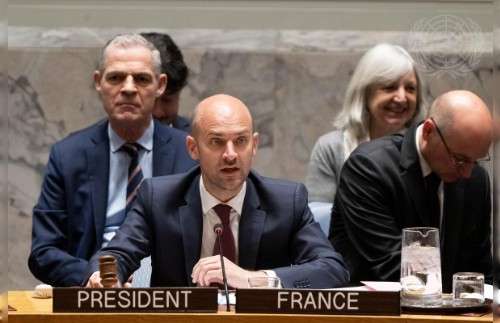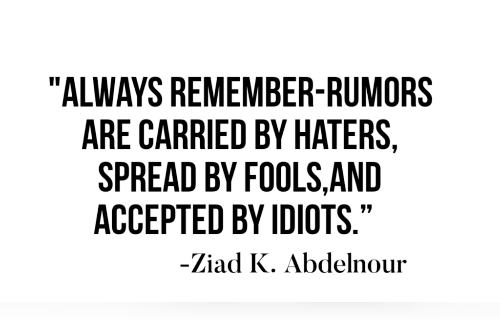

A growing threat for countries at all stages of development.At every stage of growth, nations are becoming increasingly concerned about cybercrime, which impacts both customers and According to the United Nations,although world over 156 nations have passed cybercrime laws, adoption rates differ by region, with Europe having the highest adoption rate (91%) and Africa having the lowest (72%).
The United Nations General Assembly adopted the United Nations Convention on Cybercrime on December 24, 2024, in New York, with resolution 79/243. As the first comprehensive international treaty on the topic, the Convention gives states a number of actions to adopt in order to prevent and combat cybercrime. In order to share electronic evidence for significant crimes, it also seeks to improve international cooperation.
More than 70% of hate crimes on social media target minorities, according to the UN Special Rapporteur on Minorities Issues, and this figure is still rising. Social media moderation systems are more likely to impose limitations or remove content from members of certain categories, according to the survey. Because they frequently lack strong cybersecurity infrastructure, developing countries continue to be especially vulnerable. The lack of resources and a lack of knowledge about cyber threats make people in these regions easy prey for crimes like identity theft, phishing, and disinformation.
However, new technologies like deepfakes and artificial intelligence present new challenges by enabling sophisticated disinformation campaigns and posing privacy concerns.The Convention also creates a worldwide framework to support judicial processes, investigations, and prosecutions, including asset recovery, extradition, and collaborative investigations.It makes cross-border access to electronic evidence simpler by implementing procedures including data interception, access, and preservation, backed by a round-the-clock contact point network for quick action.It describes the basic guidelines and protocols for mutual legal aid, saying that States Parties must support one another as much as feasible during investigations.
As a continuation of the global community’s joint efforts to fight cybercrime, the signing ceremony in Hanoi in July,2025 will be more than just a formal occasion. Expanding upon years of cooperation and advancement, the occasion will provide a forum to encourage communication, exchange best practices, and fortify alliances between important players, such as governments, international organizations, private businesses, and civil society.











